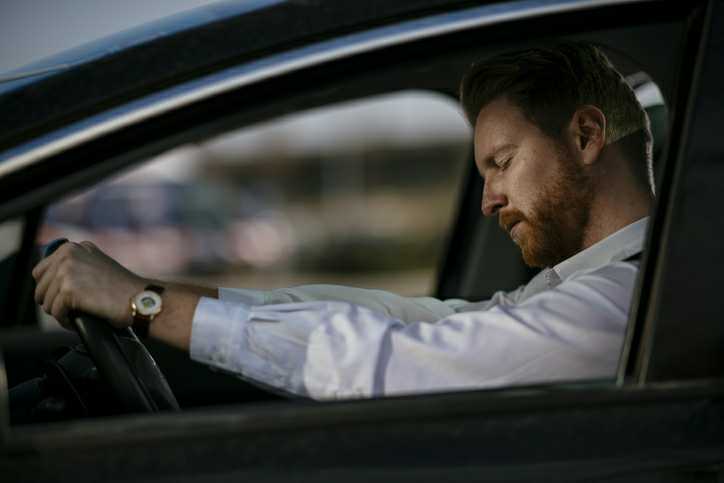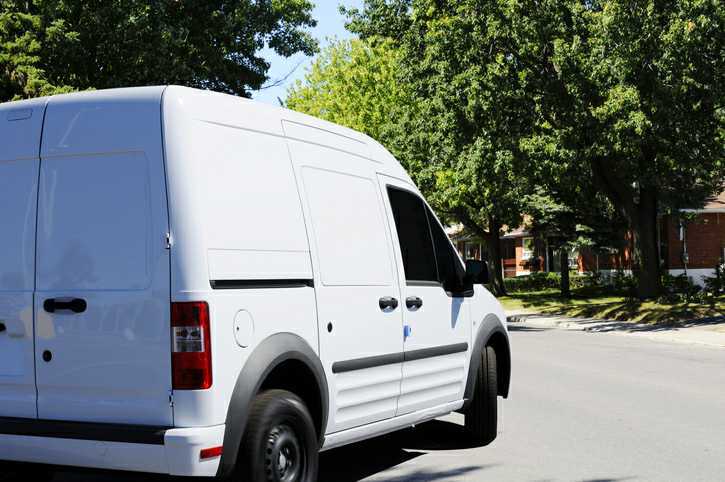Changing Lanes is a BMW podcast that touches upon critical topics and trends pertaining to transportation. In its 12th episode, Changing Lanes offers some tips drivers should consider to prevent drowsy driving.
The podcast hosts first cited a 2000 drowsy driving study that found that going 17-19 consecutive hours without sleep can cause greater impairment to drivers than having a blood alcohol concentration level of 0.05 percent.
Drivers who don’t receive adequate sleep can have slower reaction time on the road. In addition, microsleep is another common danger posed by drowsy driving. This happens when drivers fall asleep for only five seconds. While traveling at 55 mph, they travel about 135 yards while asleep. If a crash occurs, it can happen at full speed, which can be catastrophic.
Preventing drowsy driving while on long trips
Here are the tips offered by Changing Lanes on how drivers should prevent drowsy driving while on long driving trips:
- Recognize the signs of drowsiness. According to SleepFoundation.Org, the signs of drowsiness include frequent yawning or blinking, heavy eyelids, difficulty concentrating, daydreaming, loss of memory, restlessness and trouble staying in lane.
- Get adequate sleep. There is no substitute for getting enough sleep. The recommended amount of sleep that people should get is 7-9 hours per night. Drivers should also avoid embarking on long trips after not getting enough sleep the night before.
- Take power naps. Drivers who embark on long trips should take a brief nap every four hours. These naps shouldn’t be any longer than 20 minutes, since that can induce deep sleep and result in more drowsiness. Drivers can do this by pulling over somewhere safe (such as a parking lot or rest area) and setting their alarms for 20 minutes before napping.
- Avoid driving during low points. Drivers are most likely to fall asleep between 2-5 a.m. and between 1-3 p.m. It’s not recommended to get on the road before 5 a.m. to beat morning traffic unless it is absolutely necessary.
- Take regular breaks. Driving and sitting in a car for a long time can be exhausting. That’s why it’s a good idea to take frequent breaks. Getting out of the car and taking a short walk can increase oxygen and improve concentration.
- Eat right before driving. Driving on an empty stomach or eating too much can affect driving performance. Eating a lot can actually induce drowsiness.
- Drink a lot of water. Instead of drinking alcohol or coffee, drivers should drink adequate amounts of water on long trips. Staying hydrated can help drivers stay alert longer.
- Have the right distractions. Distracted driving is dangerous when it takes a driver’s eyes off the road and hands off the wheel. Listening to music or a podcast or having a conversation with a passenger can help prevent drowsiness by maintaining cognitive engagement.
- Avoid driving after taking certain medications. Certain prescription or over-the-counter medications can induce drowsiness or inattention. It’s best to avoid driving after using these medications. Drivers who aren’t sure about the effects of certain medications should consult with a doctor before driving.
Short term drowsy driving prevention tips
- Consume candy. Sugar can give drivers a short-term boost in energy, but should not be relied upon in the long term. Blood sugar can drop just as quickly as it rises and drowsiness can return.
- Consume energy drinks and coffee. Caffeine can provide a short boost in alertness. This can be useful when drivers have little distance left to reach a destination. Drowsiness can return quickly, however.
- Open the window. Rolling the window down can give drivers a short term boost in oxygen and energy. This method often wears off quickly.
- Chew gum. Chewing gum can increase circulation to the brain and temporarily reduce the effects of sleep deprivation.
- Listen to loud music. Loud music can temporarily help to keep drivers awake. Like other short-term fixes, the effect doesn’t last long.
You can listen to the podcast below:
What should I do if I was injured in a crash caused by a drowsy driver?
If you were hurt in a crash caused by a drowsy driver, speak to an experienced Chicago car accident attorney who help you explore your legal options and advocate for you. The legal team at Coplan + Crane can investigate your drowsy driving crash and find critical evidence to support your claim. For example, the lack of tire marks in the road may be an indicator that the driver who hit you was asleep at the wheel.
To find out how we can help you get compensated for your losses, contact us online and schedule your free case evaluation.
















